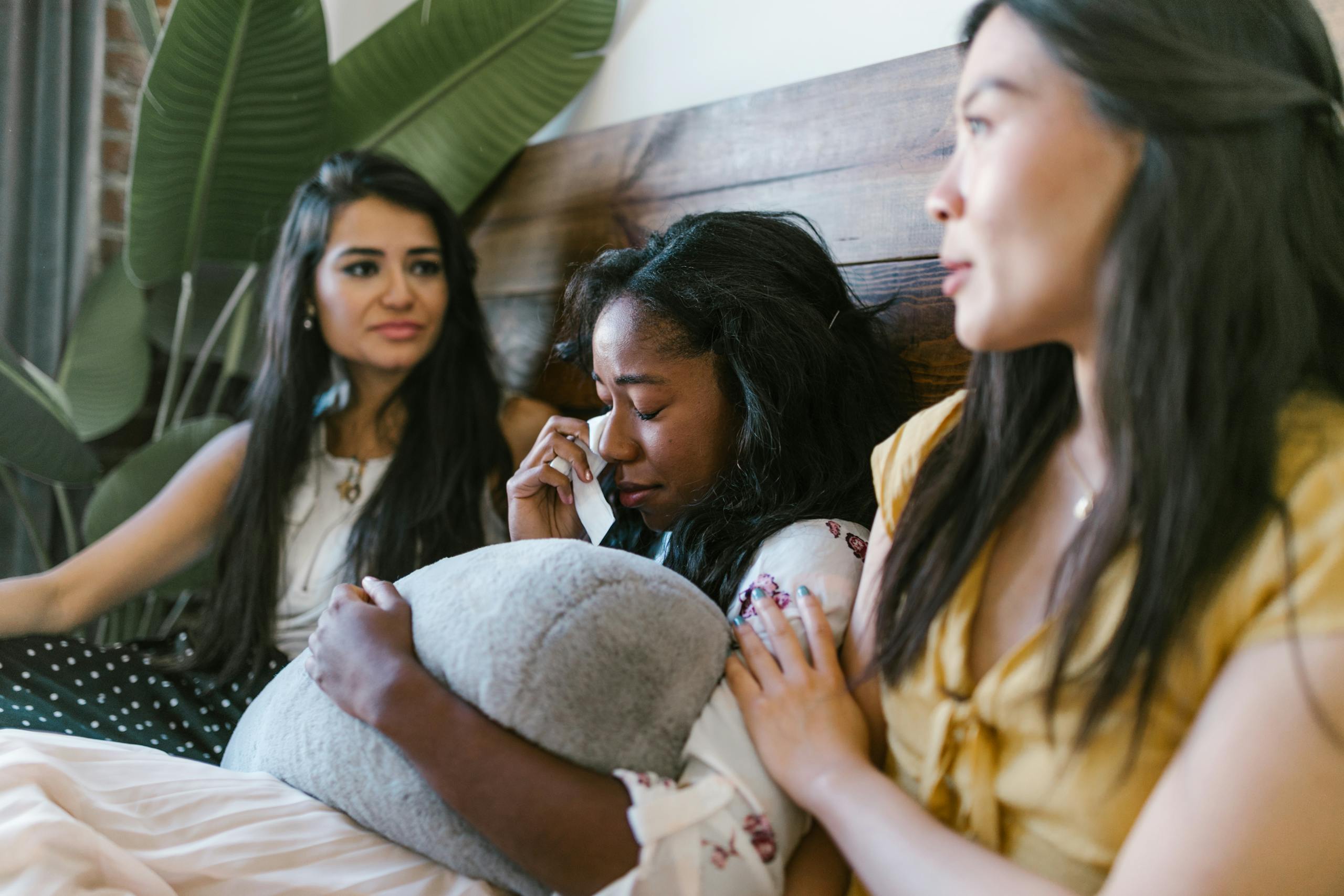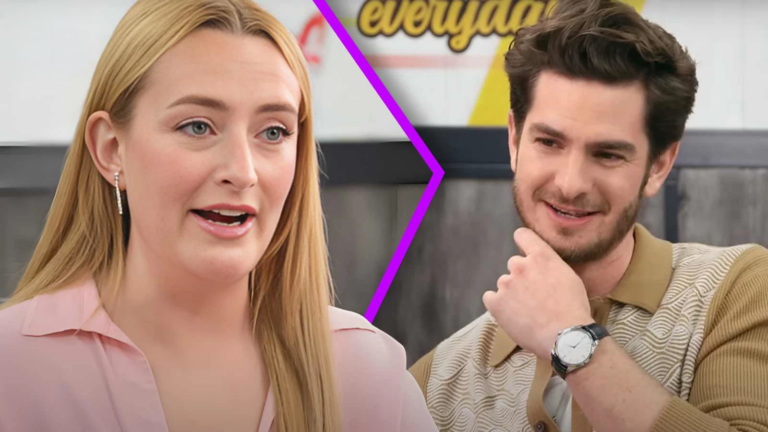Navigating friendships and relationships is never easy, especially when your friend turns to you for dating advice. Over the years, I’ve found myself playing the role of “relationship consultant” for friends, and I’ll be honest, it can be tricky to get it right. I want to help without overstepping, to support without judging, and most importantly, to be there for them without letting my own opinions overshadow their needs. Today, I want to share some insights on how to give friends dating advice in a way that’s both helpful and supportive, drawing from my own experiences and lessons learned.
Listen First, Speak Later
One of the biggest lessons I’ve learned is that friends often aren’t looking for you to solve their problems; they just want someone to listen. I remember when my best friend Sarah was going through a tough time with her partner. My instinct was to jump in with advice, to tell her what she “should” do. But when I finally paused and really listened, I realized she wasn’t ready for advice, she just needed to vent. By listening without immediately offering solutions, you give your friend the space to feel heard and validated, which can be more impactful than any advice you could offer.
Relationship expert Dr. Jess Carbino says, “Listening actively, without interrupting or pushing your own agenda, is key to helping your friend navigate their emotions.” This resonates with me because it’s easy to get caught up in wanting to “fix” things, but sometimes the best way to help is just to be a supportive ear.
Ask Open-Ended Questions
I’ve found that asking open-ended questions helps my friends come to their own conclusions rather than feeling like I’m dictating what they should do. Instead of saying, “You need to break up with them,” I try to ask questions like, “How do you feel when you’re around them?” or “What do you think would make you happiest in this situation?” These kinds of questions encourage reflection and help my friend figure out what’s best for them, rather than making it about what I think.
One time, a close friend was having doubts about her relationship. Instead of jumping in with my thoughts, I asked her, “What do you need from this relationship to feel fulfilled?” It led to a great conversation where she realized her own needs and made her decision based on what felt right for her, not because of any pressure from me.
Share Your Own Experience (But Keep It Brief)
There’s something about hearing someone else’s experience that makes us feel less alone. When I was going through a tough breakup, hearing about my friend’s similar experience made me feel understood. When giving advice, I try to share my experiences—but only if they’re helpful and not dominating the conversation. It’s important that the focus stays on your friend and their situation, not on you.
For example, when my friend was considering getting back together with an ex, I shared a time when I went through something similar. I told her what worked for me and what didn’t, and then I made sure to steer the conversation back to her situation. “That was my experience, but what feels right to you?” is a question I often use to refocus the discussion on their needs.
Avoid Harsh Judgments
This one is a biggie. It’s so easy to be critical, especially when you see a friend making decisions that you wouldn’t make yourself. But I’ve learned that judgment only leads to defensiveness. Instead of saying something like, “They’re clearly not right for you,” I try to frame my observations more gently. I might say, “I’ve noticed you seem a bit down after spending time with them—how does that feel for you?” This way, it’s less about me imposing my judgment and more about helping my friend see the situation from a different perspective.
I had a friend who was in a toxic on-and-off relationship, and I’ll admit, it was hard to watch. But every time I judged her choices, she pulled away from me. When I shifted my approach to be more empathetic, she opened up more, and eventually, she came to her own realization that the relationship wasn’t healthy for her. It was a reminder to me that people have to be ready to see things for themselves.
Respect Their Decisions
This might be the hardest part—respecting your friend’s decision, even if it’s not what you would choose. I’ve had moments where I thought, “Why are they staying with this person?” But at the end of the day, it’s their life, and they need to make their own choices. Dr. Carbino emphasizes, “Your role is to provide support, not to dictate what someone should do.” This is something I remind myself constantly.
Once, a friend chose to stay in a relationship that I thought wasn’t right for her. I wanted to tell her she was making a mistake, but instead, I chose to respect her choice. I let her know that no matter what, I’d be there for her. She later told me that my support meant the world to her, even if I didn’t fully agree with her decision. That moment taught me that being a good friend sometimes means putting your own feelings aside.
Set Boundaries for Yourself
It’s also important to remember that you’re not your friend’s therapist. There have been times when I’ve found myself overwhelmed by the emotional toll of a friend’s relationship problems. It’s okay to set boundaries and take care of your own mental health too. I’ve learned to say things like, “I’m here for you, but I think this might be something a professional could help you with too.” It doesn’t mean you’re abandoning them; it means you’re recognizing your own limits.
Being There Without Overstepping
Giving dating advice to friends is a delicate balance. You want to be helpful without being overbearing, supportive without being judgmental. It’s about listening, asking the right questions, sharing your experiences thoughtfully, and respecting your friend’s choices, even when they differ from what you’d do. Most importantly, it’s about being a source of support—someone they can rely on without feeling judged or pressured.
The next time a friend comes to you for relationship advice, remember that it’s less about what you think they should do and more about helping them discover what they want. Trust me, when you approach it from a place of empathy and understanding, your role as a friend becomes all the more meaningful.
Speaking of **supportive friendship**, you might be interested in exploring more about the importance of empathy in relationships. Check out this insightful article on Empathy. Additionally, understanding the dynamics of communication can greatly enhance how you give advice. Learn more about effective communication skills in this helpful piece on Communication. Lastly, if you’re curious about the nuances of **dating advice**, you might find this article on Dating to be quite informative. Each of these topics can deepen your understanding of how to support your friends while fostering strong, healthy connections.



